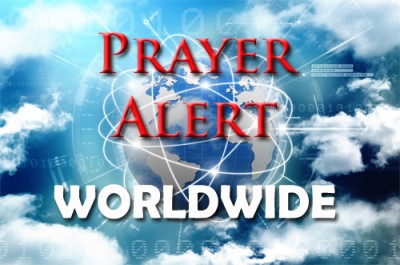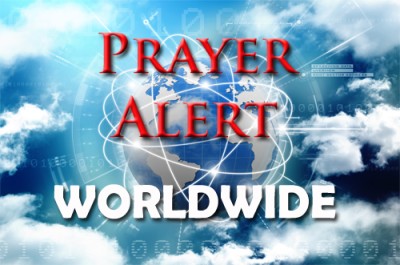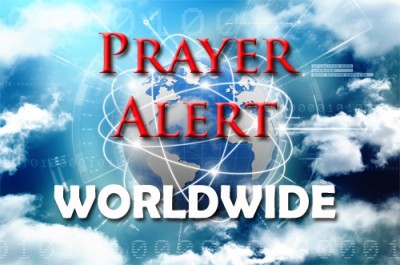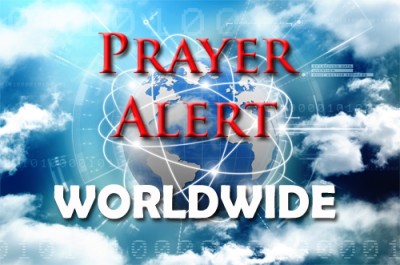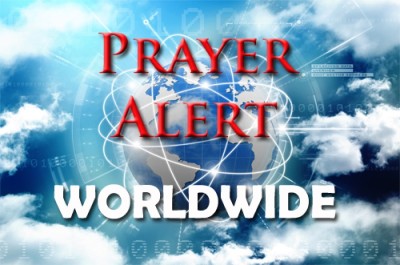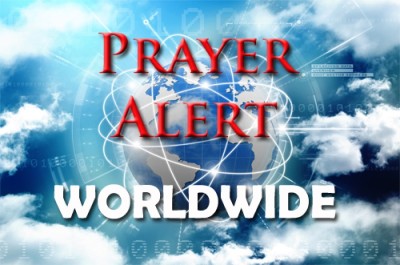South Korea stands at a delicate crossroads, balancing its security alliance with the USA and its economic reliance on China. Recent rallies in Seoul captured this tension vividly, with protesters denouncing both Donald Trump and the Chinese Communist Party - reflecting deep divisions over the nation’s direction. President Lee Jae Myung faces immense diplomatic pressure as he hosts both Trump and Xi Jinping on 30 October, hoping to ease trade disputes while maintaining South Korea’s fragile political stability. In August, when Lee visited the USA, things seemed to go well, with Trump reducing tariffs on South Korean goods from 25% to 15%. However, relations soured after immigration officials detained more than 300 workers at the Hyundai plant in Georgia, and Trump has increased his trade demands. Meanwhile, anti-China sentiment has grown, fuelled by old grievances and modern fears of interference. Breaking news: Trump has hailed his meeting with Xi as ‘amazing’, even though it did not result in a formal trade deal: see
After a peace agreement was signed in Kuala Lumpur on 26 October, Donald Trump and senior US officials had expected the immediate release of eighteen Cambodian soldiers captured by Thailand. However, Thailand’s prime minister Anutin Charnvirakul has imposed conditions on their release, primarily the withdrawal of heavy weapons from the border. At a bilateral meeting on 28 October, Cambodian prime minister Hun Manet reiterated Cambodia's commitment to the agreement and appealed for the soldiers' release, but Anutin stated that this would start only after significant and speedy progress on the withdrawal of the weapons, a condition agreed upon by both parties. The first phase of the withdrawal has already taken place, with Cambodia moving a number of battle tanks back to their base. The situation underscores the complex diplomatic negotiations involved.
Nigeria, South Africa, Mozambique, and Burkina Faso have been removed from the Financial Action Task Force’s (FATF’s) global ‘grey list’, marking a crucial milestone in Africa’s financial integrity efforts. Once seen as high-risk for money laundering and terrorist financing, these nations have implemented sweeping reforms which have restored investor confidence and strengthened global partnerships. Nigeria’s tighter oversight of mobile money and anti-money-laundering laws, and South Africa’s expanded powers for financial regulators, have begun rebuilding trust in governance and transparency. Mozambique and Burkina Faso have improved their ability to track illicit cross-border transactions linked to armed groups. The delisting signals international recognition of progress - but it also serves as a reminder that vigilance and accountability must continue. For ordinary citizens, these reforms bring promise of greater economic stability, job creation, and stronger consumer protection: neighbouring countries could experience a confidence rebound, especially in attracting greater international investment.
US President Donald Trump has imposed sweeping new sanctions on Russia’s two largest oil companies, Rosneft and Lukoil, after shelving plans for peace talks with Vladimir Putin. The move marks a major policy shift, as Trump had previously resisted sanctions while urging Europe to end purchases of Russian oil. Frustrated by Moscow’s failure to negotiate, he said his conversations with Putin “don’t go anywhere,” calling the sanctions “tremendous” and expressing hope they could be lifted if Russia agrees to halt its war in Ukraine. Treasury Secretary Scott Bessent said the measures target the Kremlin’s “war machine,” which is heavily funded by oil exports. Ukrainian President Volodymyr Zelensky welcomed the action as a “good signal,” urging continued global pressure. The sanctions follow similar steps by the UK and EU, which also banned Russian liquefied gas imports by 2028. Despite economic pressure, Russia insists it remains “immune” and continues airstrikes across Ukraine, where civilian casualties—including children—remain high.
At least 46 people have died following a devastating collision on Uganda’s Kampala-Gulu Highway, one of the country’s busiest roads. The crash occurred shortly after midnight near Kiryandongo when two buses travelling in opposite directions attempted to overtake other vehicles simultaneously, colliding head-on with a truck and a car. Initial reports suggested a higher death toll of 63 before police revised the figures as rescue operations progressed. The Uganda Police Force said many victims were found unconscious at the scene and urged motorists to avoid dangerous overtaking, which remains one of Uganda’s leading causes of road fatalities. Red Cross spokesperson Irene Nakasiita described the wreckage as “too gruesome to share,” with many victims suffering severe injuries and broken limbs. The tragedy highlights Uganda’s worsening road safety record, with more than 5,000 people killed in crashes last year—a rise for the third consecutive year. Authorities have launched an investigation while emergency teams continue assisting survivors and families.
Peruvian President Jose Jeri has declared a 30-day state of emergency in the capital, Lima, and the neighboring province of Callao to confront rising crime and growing public unrest. The measure, approved by the Council of Ministers, allows the armed forces to work alongside police in maintaining order and security. In a televised address, Jeri said the government was “moving from defense to offense in the fight against crime” to restore peace and public trust. The decision follows violent protests last week that left one person dead and over 100 injured, marking the first major challenge to Jeri’s new administration. Sworn in earlier this month after the ouster of Dina Boluarte, the president has made law and order his top priority. However, analysts warn that repeated emergency declarations — including similar measures under Boluarte — have failed to address the root causes of Peru’s insecurity. Critics say lasting reform requires judicial and police accountability, not just military deployment.
Cambodia and Thailand have convened a two-day Joint Border Committee (JBC) meeting in Chanthaburi province to advance long-stalled talks on their shared frontier. The session follows June’s historic JBC meeting in Phnom Penh — the first in over a decade — which helped revive bilateral dialogue after tensions briefly escalated into armed confrontation between border troops. The agenda includes reviewing progress on boundary demarcation, addressing issues raised at September’s General Border Committee meeting, and approving the use of new mapping technologies such as LiDAR and orthophotography to speed up surveying along the 800-kilometre border. Cambodia’s delegation, led by Lam Chea of the State Secretariat of Border Affairs, and Thailand’s, headed by Prasas Prasasvinitchai, aim to confirm additional boundary pillars and strengthen cooperation under the 2000 Memorandum of Understanding. Phnom Penh reaffirmed that disputed zones like Ta Moan Thom and the Emerald Triangle should be settled through international legal channels, not unilateral mapping. Both sides expressed hope that continued dialogue will prevent renewed conflict and foster stability.
The World Bank has estimated Syria’s post-war reconstruction will cost at least $216 billion, with possible totals ranging from $140 billion to $345 billion. Its ‘Syrian Conflict: Physical Damage and Reconstruction Assessment (2011–2024)’ report found $108 billion in direct physical destruction—around one-third of the country’s total capital stock. Infrastructure suffered nearly half the damage ($52 billion), followed by homes and public buildings, with Aleppo, Rif Dimashq, and Homs the hardest-hit regions. Syria’s economy has shrunk dramatically, with GDP down 53% since 2010, from $67.5 billion to just $21.4 billion. The report warns that reconstruction costs now amount to ten times the country’s current GDP, while sanctions, depleted reserves, and minimal capital investment leave the government unable to rebuild alone. Finance Minister Yisr Barnieh called for urgent global support to restore infrastructure and rebuild communities. Following Bashar al-Assad’s flight to Russia last year, Syria’s new government under President Ahmed Al-Sharaa has begun reforms aimed at stability, investment, and national recovery.

